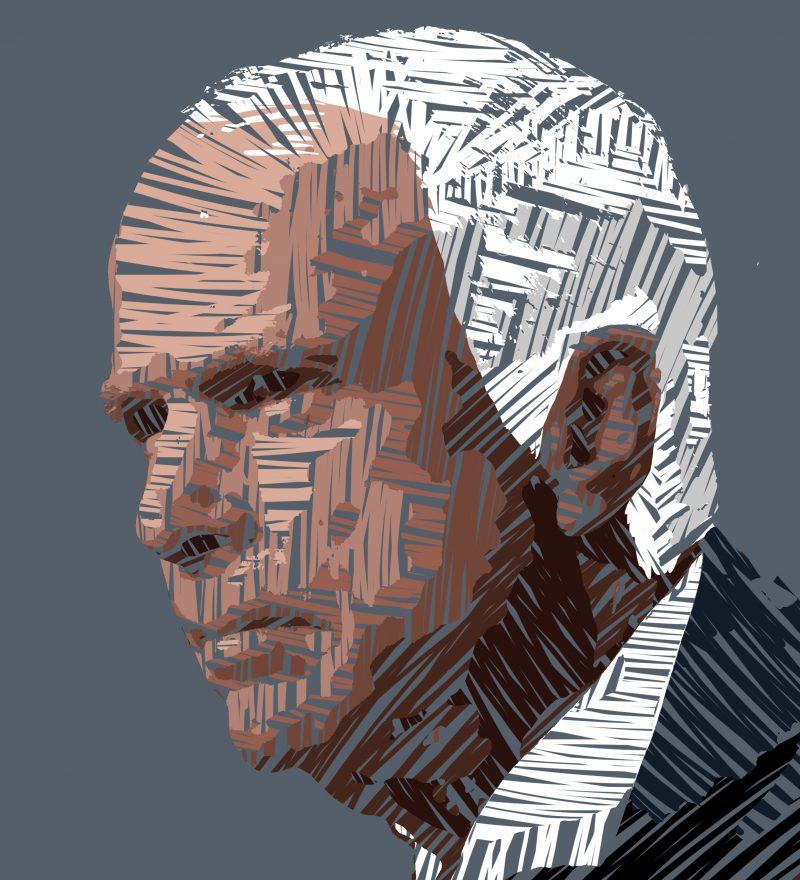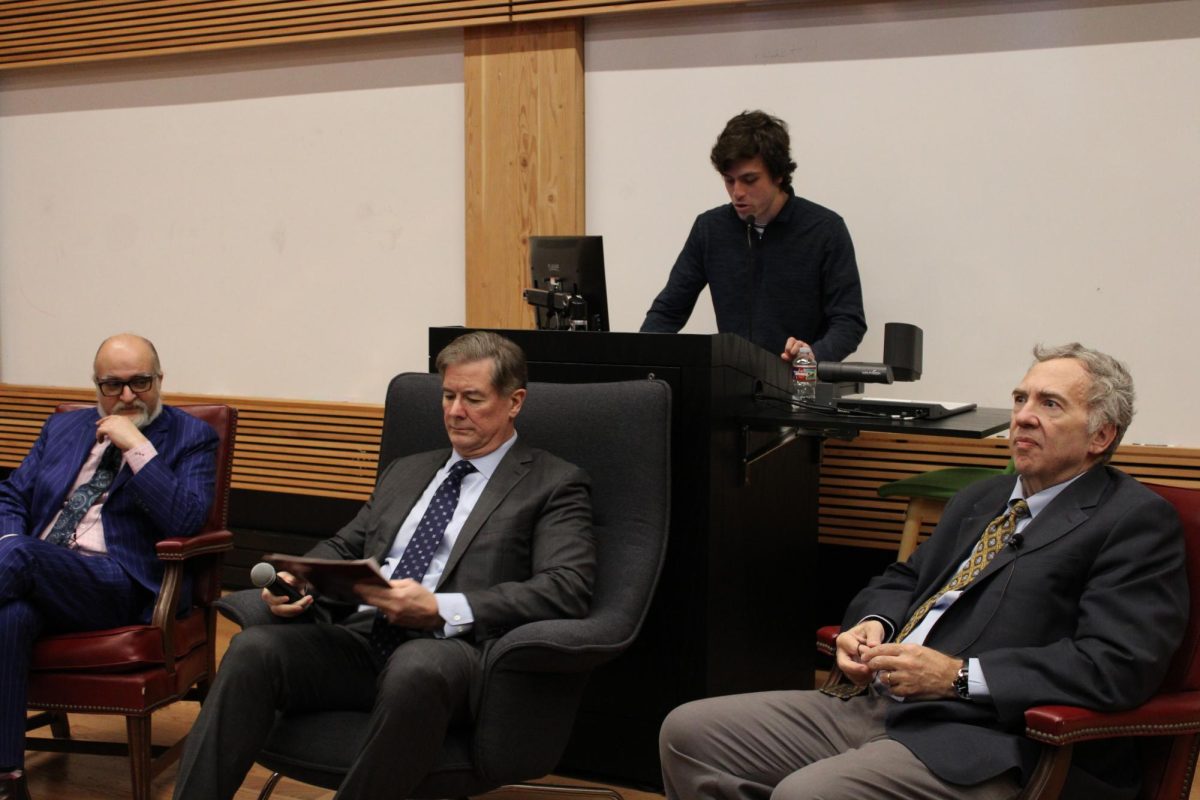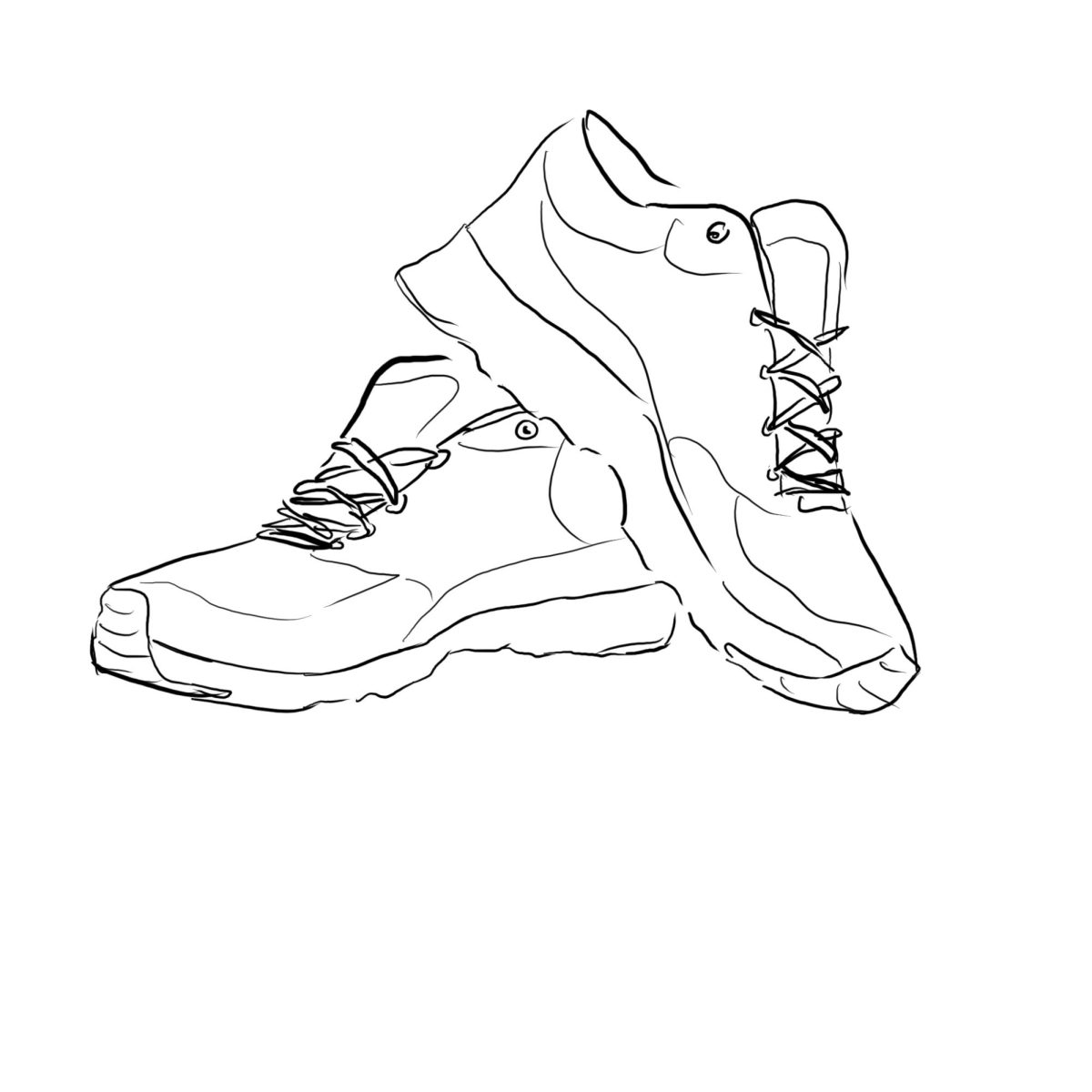One of my first political memories occurred during the 2008 election night when I thought John McCain, the former senator of Arizona, was winning because of all the red states on the map. Like most 11-year-old children, I didn’t really understand the electoral college. Time went on, and my political allegiances shifted, but I never lost a grudging respect — and occasional admiration — for John Sidney McCain III. While this is a departure from my column’s general theme, I feel it is important to acknowledge McCain’s passing.
John McCain was born to a military family and went on to serve in the U.S. Navy, where he was deployed to Vietnam in 1966. In Vietnam, McCain was a pilot and eventually was shot down and captured by the North Vietnamese. McCain was tortured as a prisoner of war for five years in Hanoi, Vietnam. He refused to be released early despite the offer made because his father, John Sidney McCain II, was a high-ranking admiral. By refusing release, McCain followed the protocol that stated captives should be released in the order they are captured. When he finally was returned to the United States, he was unable to fully raise his arms. Since then, McCain had needed someone else to brush his hair. Eventually, McCain moved to Arizona and ran for Congress. After serving two terms in the House, he was elected to the Senate where he served until his death on Aug. 25.
In the Senate, McCain left a complicated legacy. After becoming embroiled in the Keating five scandal, he went on to champion campaign finance reform. Though he promoted the war in Iraq, McCain vehemently opposed torture. While McCain was for the most part a fairly orthodox Republican, throughout his tenure he worked across partisan lines. For example, during his time on the Indian Affairs committee, McCain worked together with Mo Udall (D-AZ) and Daniel Inouye (D-HI) on laws strengthening the tribal gambling industry, and in the late ’80s and early ’90s, he supported indigenous claims to sacred land; later in his career he would try to sell Oak Flat, a ground held sacred by the Apache.
McCain also went on to work with John Kerry, former senator and Secretary of State, to help normalize diplomatic relations with Vietnam in the ’90s despite the treatment he had endured in Hanoi as a prisoner of war.
McCain’s presidential campaigns catapulted him into public consciousness. His 2000 campaign garnered him a reputation as a straight talker who would stay extended hours at rallies to answer all questions posed by voters and the press.
Despite his portrayed ideals of giving his honest opinions on the issues, McCain equivocated his opinions in South Carolina, where he proved evasive on the topic of whether he believed the confederate flag should be removed from South Carolina’s capital grounds. After conceding to George W. Bush, then the governor of Texas, McCain returned to South Carolina, where he apologized for his previous prevarications and stated he believed that the confederate flag should be removed from South Carolina’s statehouse.
In 2008, McCain ran for president again and received the Republican presidential nomination. He then he faced off against Barack Obama, then a first-term senator from Illinois. When Obama was nominated for president, McCain cut an ad congratulating his democratic opponent on the achievement of being the first African American nominee for president of a major political party. During the campaign, McCain tried to assuage his supporters’ fears of Obama’s potential election and vouched for Obama’s character. After conceding to Obama, McCain graciously recognized the historic significance of Obama’s election. Even as McCain displayed such congeniality, McCain’s choice of Sarah Palin as his running mate represented the brand of anti-intellectualism, racial resentment and anger that has characterized much of American politics since the ’08 campaign.
I could continue to talk about McCain’s actions, but his proud defense of advocacy for an America engaged with rather than withdrawn from the world —alongside the negatives and positives such engagement brings — will be McCain’s lasting contribution. While the positives and negatives of McCain’s historical legacy will take time to parse and may result in his remembrance as both a hero and a villain, it is undeniable that America lost one of its few political giants last Saturday. McCain viewed himself as being in service to something greater than himself; while I disagreed with him more often than not, I have never doubted that his actions came from a true belief in America’s ideals, however imperfectly he lived up to them. McCain had often said that he wanted to be remembered as someone who served his country honorably. While we will have to wait to get history’s verdict, I am inclined to believe that, though imperfect, McCain accomplished his goal.






